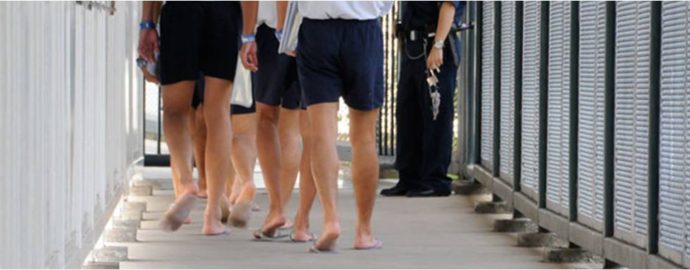
Uncovering Juvenile Delinquency in Singapore
January 3, 2019
Juvenile Delinquency is defined as conduct by a juvenile characterized by antisocial behavior that is beyond parental control and therefore subject to legal action.
In Singapore, The Children and Young Persons’ Act states that a juvenile is a male or female person who is 7 years or above and below 16 years. The Ministry of Social and Family Development (MSF) has stated that although the number of juveniles have declined, latest figures show that among those who had completed rehabilitation in 2011, 16.7 per cent re-offended within three years.
Models of Criminal Behavior in Juvenile Delinquents
There are three broad models of criminal behaviour that are applicable to crime and delinquency: Psychological, Sociological, and Biological.
Psychological — Several psychological theories have been used to understand crime and delinquency. The psychological models of criminal behaviour include everything from Freudian notions to the recent cognitive and social psychological models. Youths with early-onset delinquency are more likely to increase in severity of problem behavior over time and continue to engage in behaviors across adolescence and into adulthood. Having a risk factor does not guarantee that a youth will develop problematic behavior, but the more risk factors that accumulate, the greater the likelihood that the individual will develop more severe delinquent behavior.
Sociological —The sociological notions of juvenile delinquency are triggered by social structures (e.g. gangs) and cultural values imposed by society. The sociological study of crime and delinquency has focused either on the social structural factors (e.g., poverty and social disorganization) believed to generate such juvenile behavior or on the arenas (e.g., family, school, and peer groups) in which socialization is affected.
Biological —Biological theories of crime and delinquency attempt to explain behaviors contrary to societal expectations through examination of individual characteristics. These theories assert that delinquent behaviors are determined by factors largely beyond individual control. These behaviors are often triggered by hereditary issues, brain abnormalities caused by improper development, or trauma.
Career Prospects of Studying Criminal Behaviour
If you are passionate about helping juvenile delinquents in changing their lives, a career in criminology is the ideal option for you. To pursue your dream career option, all you need is to choose a degree in criminal law or criminology.
As a profession, criminology is all about the process of understanding criminal behaviour (such as juvenile delinquency), the motive of crime and its impact on society and victim. No wonder, the field demands a deep knowledge of social sciences, psychology, and in-depth analytical skills along with the technique of scientific application of various evidences to identify the crime and its motive.
At Arium School of Arts & Sciences, Crime & Delinquency is one of our many professional certificates designed to cover all aspects of criminology, where apart from theoretical knowledge students are also taught about the ways of improving critical thinking and research skills.
Arium School of Arts & Sciences offers several diplomas relating to Criminology and Sociology. We offer Crime & Delinquency as a Professional Certificate, which is also a module towards our Specialist Diploma in Criminology and Specialist Diploma in Forensic Psychology.
Both Specialist Diplomas are suitable for those without degrees, and draw a lot of interest from those working in related fields.
Check out the complete list of the numerous certificate and diploma programs which ASAS offers here.




